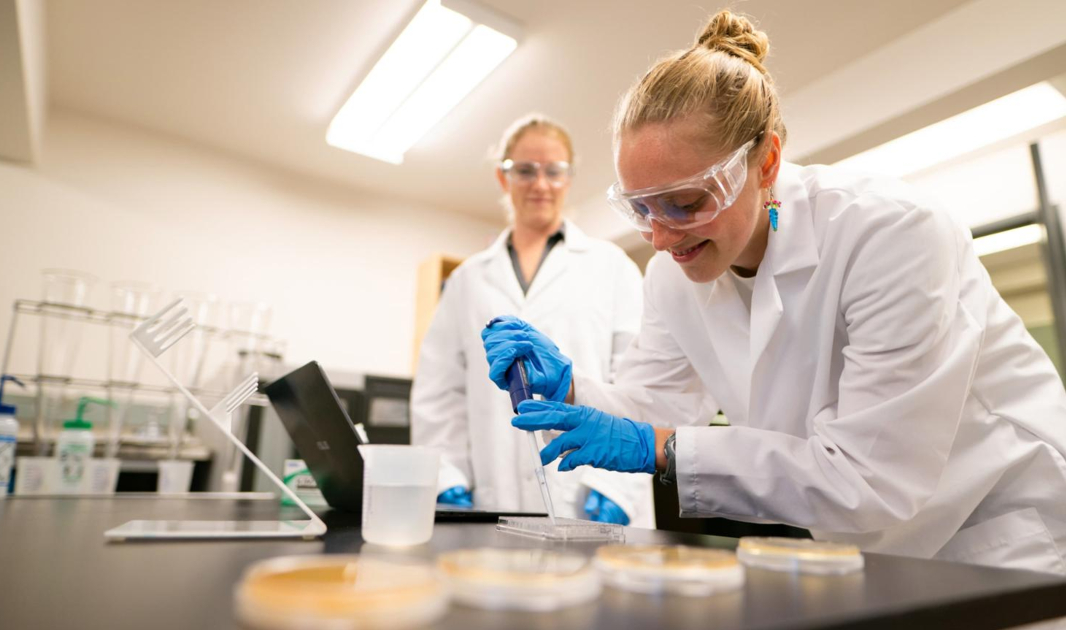James Watt was a scientist and mechanical engineer whose improvements in steam engine technology drove the Industrial Revolution.
Watt did not invent the steam engine. Steam engines were already in existence, mainly being used to pump water out of mines. He made important changes to the design, increasing efficiency and making steam engines cheaper to run.
James Watt is this week’s Giant of Science.
James Watt was born in Greenock near Glasgow in 1736. He was not a healthy child and was educated at home for most of his early years.
His father was a carpenter and shipwright who set himself up in business as a merchant and ship-owner. Watt liked to make models and repair nautical instruments in his father’s workshop.
Engineering work
In 1755 Watt went to London to be an apprentice scientific instrument maker. He was a quick learner and mastered his craft in one year.
Aged 19 he returned to Glasgow, where he set up his own business. Before long he was recognised as a high-quality engineer, and employed on the Forth and Clyde Canal and the Caledonian Canal.
He was also involved in the improvement of harbours and in the deepening of rivers, including the Forth and the Clyde.
Improving steam engines
In the late 1750s, Watt met Joseph Black, who then was Professor of Chemistry. The men became friends, and Watt provided model engines for Black to use in his lectures on the properties of heat.
One Sunday in 1765, Watt was struck by the idea that was to spark the Industrial Revolution.
Walking in a park one day, he suddenly he realised how he could make the standard Newcomen steam engine more efficient. He could use a separate chamber to condense steam without cooling the rest of the engine.
He patented his steam engine condensing chamber in 1769.
Boulton & Watt and the Industrial Revolution
In 1774, Watt started a business in Birmingham with investor Matthew Boulton to manufacture his improved steam engine.
The Boulton & Watt Company produced steam engines that could be used anywhere, and demand for them was high. Watt and Boulton became leading figures in the Industrial Revolution.
Watt continued to make improvements to steam engines, and patented other important inventions, such as the rotary engine and a steam locomotive.
His achievements were recognised by fellow scientists. He was a fellow of the Royal Society of Edinburgh and the Royal Society of London, and became a Foreign Associate of the French Academy of Sciences.
Family and later life
Watt’s first wife, Margaret, died in childbirth in 1773, leaving him with two young children. He married Ann in 1776 and had a son and a daughter, who died of consumption before their father’s death.
James Watt died in 1819 in Heathfield, near Birmingham, aged 83.
James Watt
Famous for:
- Inventing the Watt steam engine, which converted steam back to water
- Developing a rotary engine which mechanised weaving, spinning and transport
- The term ‘horsepower’
- The rev counter.
Realise your potential with Evolve
Are you the next James Watt? At Evolve, we champion potential to help the businesses, institutions and people we serve.
We support our customers at every stage of their journey, we’re easy to deal with and we’re powered by a love of science, innovation and building long-lasting partnerships with our suppliers and clients.
Through our forward-thinking people, we’ve become Malta’s fastest-growing science company. We champion our colleagues, as well as our customers, who are at the heart of everything we do.
Want to join our dynamic team? Read more about working at Evolve.
You might also be interested in
Discover all of our latest news and insights from Evolve
Evolve is your trusted science partner
At Evolve, we have specific sector knowledge and tailor scientific solutions to your requirements by selecting and adapting our service offering, which includes:
- Facility design, laboratory supplies and lab furniture layout
- Expertise to help you make quick and informed decisions for all your clinical, scientific or analytical needs
- We can provide you with a comprehensive maintenance and support service
- We offer training in a number of areas of interest to the scientific community
Our proactive, consultative approach is underpinned by the expertise of our team of dedicated professionals, ensuring that you’ll get personal support from one of our experts.
If you need to speak with someone from Evolve, please visit our Support Centre page.


